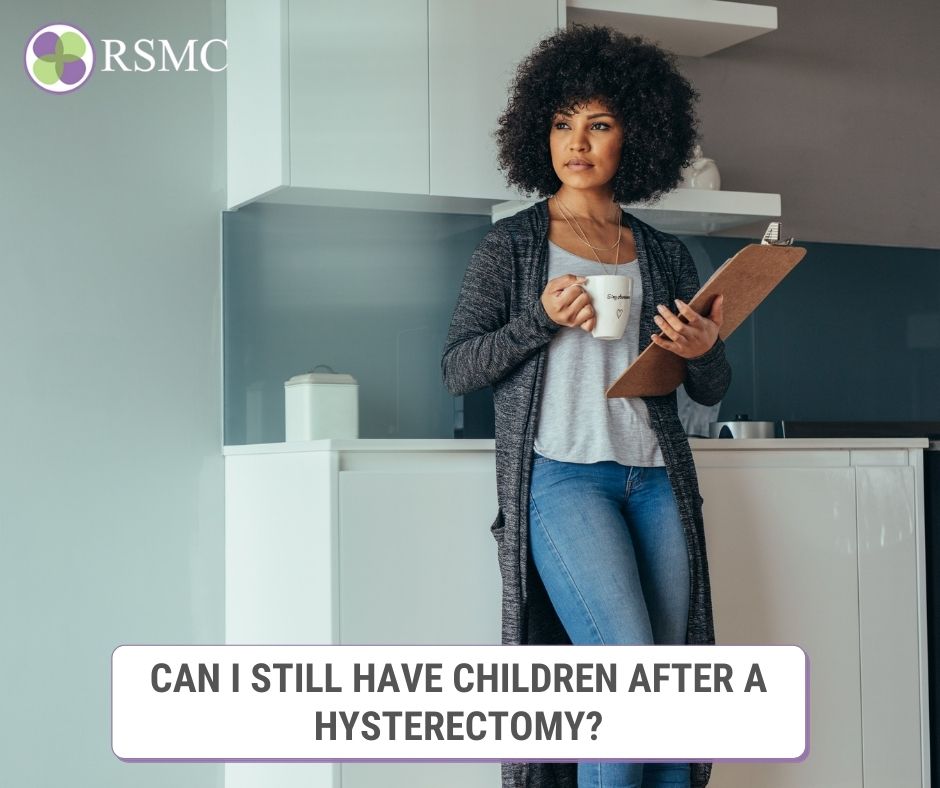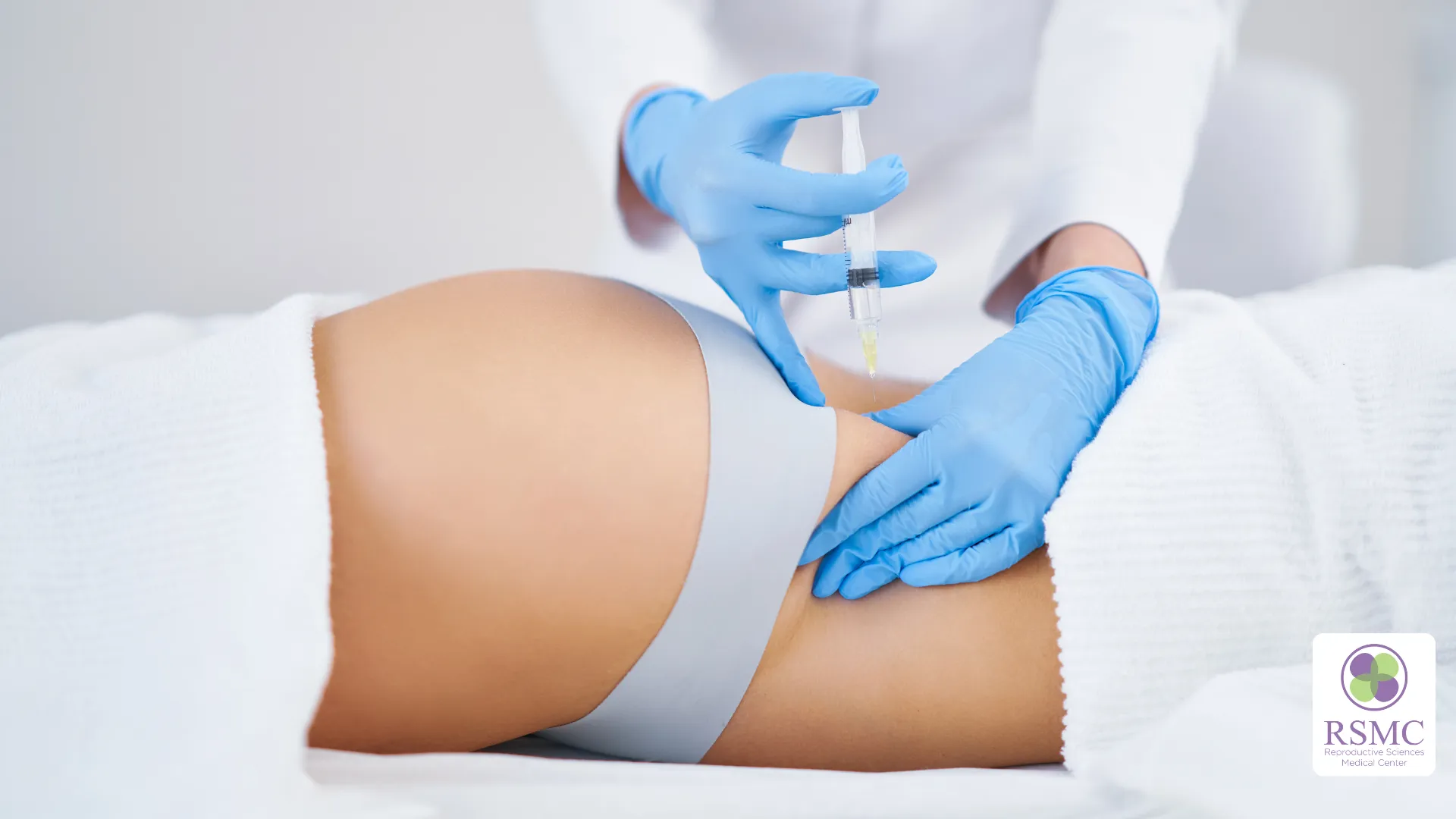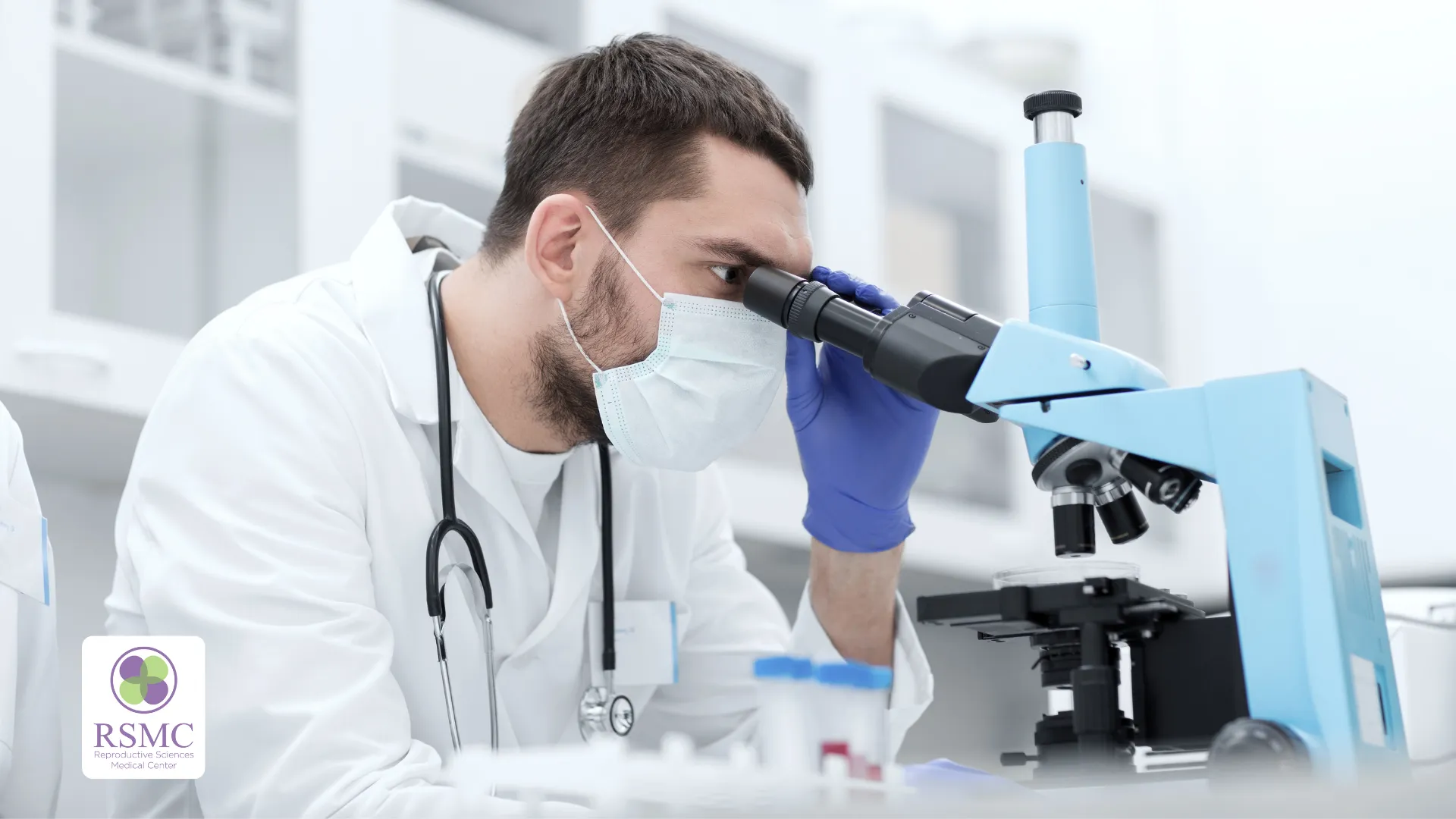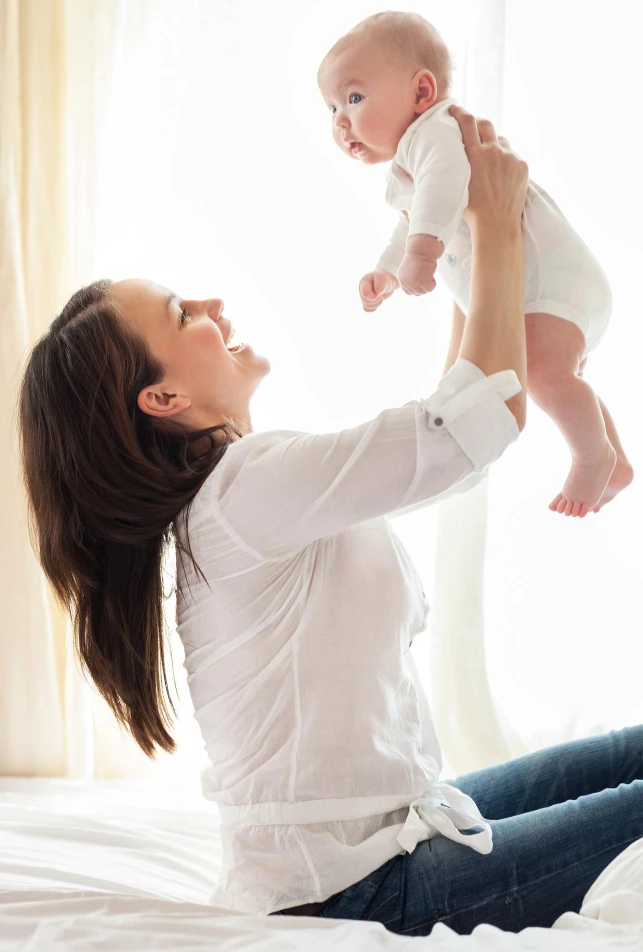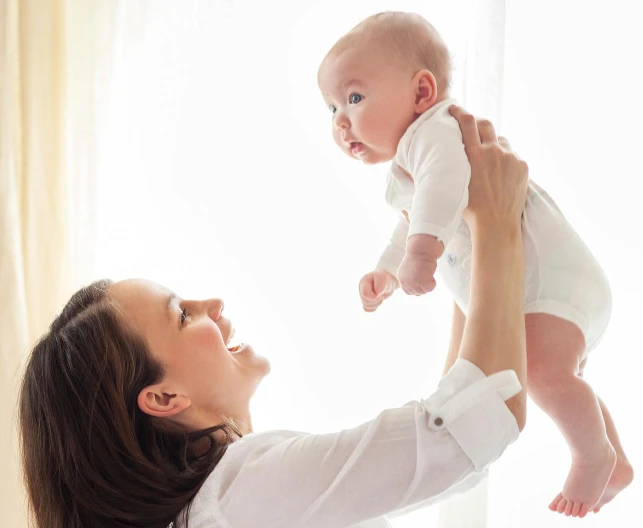It’s sensible to think that once a woman’s womb is removed after a hysterectomy surgery, she will no longer be able to conceive pregnancy and have babies. But while that is technically true, women who have undergone hysterectomy can still have their own children, even biologically-related ones! It only requires a little extra help of assisted reproductive technology such as egg freezing and surrogacy process through IVF.
According to a report of National Women’s Health Network, hysterectomy has now become the second most commonly performed surgery on women in the United States, with nearly 500,000 women undergoing hysterectomy every year in the nation alone. Since the uterus is where the baby gestates, and hysterectomy partially or completely removes the uterus, it can render women unable to carry a pregnancy.
What is an ectopic pregnancy?
With so many women facing this obstacle towards parenthood, it is important to be well aware of the solutions available. Let us see how you can have babies genetically related to you and achieve the joy of parenthood even after a hysterectomy.
What exactly is a hysterectomy?
A hysterectomy is a surgical procedure to remove a woman’s womb. It usually removes the whole uterus. In certain cases, your doctor may remove fallopian tubes as well as the ovaries. After the hysterectomy, you will no longer have a menstrual cycle and won’t be able to conceive a pregnancy.
The decision to undergo a hysterectomy is often a difficult one, and sometimes, it’s absolutely necessary. However, whether it is carried out due to a cancer diagnosis or severe pain, this procedure will probably be well researched before a final decision is reached.
For instance, in the case of excessive bleeding or severe infection postdelivery, an emergency hysterectomy may be carried out if the womb refuses to contract, and the woman could die due to the loss of blood. Women dealing with severe endometriosis, fibroids, or adenomyosis are great candidates for hysterectomy surgery, as are those who have been diagnosed with cancer of the womb, cervix, ovary, or endometrium (lining of the uterus).
There are 3 main types of hysterectomies:
- A partial or supracervical hysterectomy, where only the top part of the womb is removed while the cervix is left intact.
- A total hysterectomy, where the cervix and womb are removed
- A radical hysterectomy where the cervix, the top part of the vagina, the womb, and the uterine tissues are removed
What is an ectopic pregnancy?
In the rare case where a woman conceives pregnancy after hysterectomy, called an ectopic pregnancy, life-threatening dangers may arise.
In an ectopic pregnancy, also known as extrauterine pregnancy, a fertilized egg grows outside the uterus. After a hysterectomy surgery, there is no womb present to carry the pregnancy. Hence, it can result in life-threatening bleeding, and medical care would be required right away.
In more than 90% of cases of ectopic pregnancy, the fertilized egg implants in the fallopian tube known as tubal pregnancy.
Do ovaries produce and release eggs after hysterectomy?
Your ovaries will not stop functioning after this procedure as long as they remain intact. Depending on your situation, your ovaries can be removed during a hysterectomy procedure known as oophorectomy to reduce the risk of ovarian cancer. Studies have shown that removing just the uterine tubes but leaving the ovaries can help minimize the risk of the most prevalent kind of ovarian cancer, which is believed to begin in the Fallopian tubes. It’s left for you and your doctor to decide whether or not to keep your ovaries. However, it is generally advised that you leave them unless removal is completely necessary.
Can I donate my eggs after a hysterectomy?
Yes, it’s possible to have your eggs retrieved following a hysterectomy procedure. Although you may be unable to donate to somebody else, your clinic can explore the available fertility options with you for your own IVF process cycle.
Can I have children biologically related to me after hysterectomy?
Yes. As said above, if your ovaries are functioning or you have your young, healthy eggs frozen, you can have children genetically related to you using assisted reproductive technology.
If the surgery leaves your ovaries intact
The doctor will have to check your ovarian volume or antral follicle count to determine the chances of a successful egg retrieval. You will then undergo an ultrasound to know the location and condition of your ovaries since they may move after a hysterectomy. The physician will also check your hormone levels to know where you are in your ovarian cycle to ensure the proper timing of the ovarian stimulation and egg retrieval.
If the surgery removes your ovaries
If it’s finally decided that your ovaries are removed via a hysterectomy, you can consider the option of having your eggs retrieved first for freezing them with the help of cryopreservation technology. This may depend on your age – since you won’t be able to donate eggs when you’re 40 or older, you would like to consider the quality of the eggs harvested.
If the collected eggs are in excellent condition, they can be fertilized immediately with your spouse’s or a donor’s sperm, or be frozen for later use. The frozen embryos can then be stored until you are ready to pursue IVF process with the help of a Surrogate.
Surrogacy after hysterectomy
When you are ready to start a family, it’s advisable that you work with a reputable agency to help you navigate your parenthood journey through surrogacy process. Your Gestational Surrogate will undergo an IVF procedure – using either the eggs you have retrieved and frozen, your frozen embryos or embryos created using a donor’s egg.
What RSMC can do for you
Hysterectomy isn’t an easy decision, and it could take some time to be physically and emotionally healed. Yet, with compassionate support and the right treatment process, you can overcome the barrier as well as have a child biologically related to you through IVF surrogacy.
At RSMC, we are committed to provide you with the necessary support and see you through every step of the way. Schedule a consultation to learn more about the options to have children even after hysterectomy surgery. You can also visit our website to have a chat with our team from the ease of your home.

